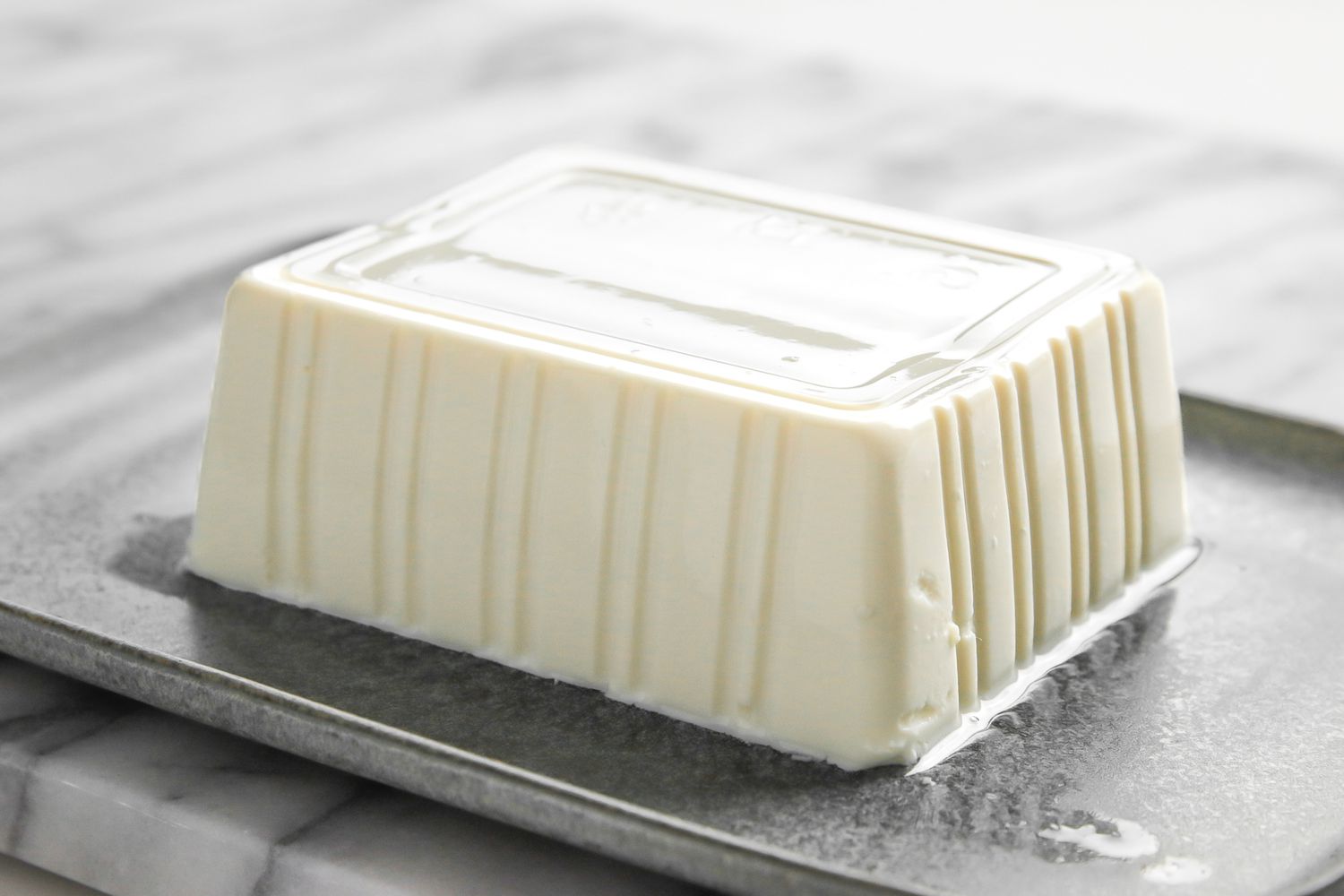

Articles
How To Store Soft Tofu
Modified: December 7, 2023
Learn the best way to store soft tofu for extended freshness in this informative article. Discover useful tips and tricks for keeping your tofu soft and flavorful.
(Many of the links in this article redirect to a specific reviewed product. Your purchase of these products through affiliate links helps to generate commission for Storables.com, at no extra cost. Learn more)
Introduction
Soft tofu, also known as silken tofu, is a versatile and nutritious ingredient that is a staple in many cuisines, particularly in Asian cooking. It has a delicate texture and subtle flavor, making it a popular choice for dishes such as soups, stir-fries, and desserts. However, one challenge of using soft tofu is its relatively short shelf life. Without proper storage, it can spoil quickly and lose its freshness.
In this article, we will explore the benefits of soft tofu, as well as different methods for storing it to maintain its quality. Whether you have leftover soft tofu or want to buy it in bulk, understanding how to store it properly will help you minimize wastage and make the most of this nutritious ingredient.
Key Takeaways:
- Soft tofu is a versatile, nutritious ingredient with benefits like high protein and essential minerals. Proper storage in water, refrigerator, or freezer can extend its shelf life and maintain its quality for various culinary creations.
- To maximize the benefits of soft tofu, store it in its original packaging, keep it chilled in the refrigerator, or freeze it for extended use. Proper preparation and awareness of spoilage signs ensure safe and enjoyable culinary experiences with this valuable ingredient.
Read more: How To Store Tofu
Benefits of Soft Tofu
Soft tofu is not only delicious but also packed with numerous health benefits. Here are some of the reasons why you should consider incorporating it into your diet:
- High in protein: Soft tofu is an excellent source of plant-based protein, making it a great choice for vegans, vegetarians, and those looking to reduce their meat intake.
- Rich in essential amino acids: Soft tofu contains all nine essential amino acids that the body needs for optimal functioning. These amino acids play a crucial role in building and repairing tissues, as well as supporting the immune system.
- Low in calories and fat: Soft tofu is relatively low in calories and fat, making it an ideal food for weight management and those following a calorie-controlled diet.
- Good source of essential minerals: Soft tofu is rich in minerals such as calcium, iron, and magnesium. Calcium, in particular, is essential for maintaining healthy bones and teeth.
- May help lower cholesterol: Studies have suggested that consuming soft tofu regularly may help lower LDL (bad) cholesterol levels, promoting heart health.
- May aid in digestion: Soft tofu contains enzymes that can aid in digestion and support a healthy gut. It is also easy to digest, making it suitable for individuals with sensitive stomachs.
- Versatile in cooking: Soft tofu’s neutral taste and smooth texture make it a versatile ingredient that can be used in both savory and sweet dishes. It can be blended to create creamy sauces, used as a substitute for eggs in baking, or simply enjoyed as a healthy snack.
With its exceptional nutritional profile and adaptable nature, soft tofu is a valuable addition to any balanced diet. By storing it properly, you can ensure that it remains fresh and maintains its wholesome properties for longer periods.
Proper Storage Tips for Soft Tofu
To maximize the shelf life and maintain the quality of soft tofu, it is important to store it properly. Here are some tips to help you store your soft tofu effectively:
- Keep it in its original packaging: Soft tofu is typically sold in water-filled containers to maintain its freshness. It is best to keep the tofu in its original packaging until you are ready to use it.
- Store in the refrigerator: Soft tofu should be stored in the refrigerator to keep it chilled and prevent bacterial growth. Make sure to place it in the coldest part of your fridge, such as the back of the lower shelf or the vegetable drawer.
- Do not store in direct sunlight: Exposure to sunlight can cause the tofu to spoil quickly and affect its quality. Store it away from direct sunlight or heat sources.
- Do not store with strong-smelling foods: Soft tofu has a delicate flavor that can easily absorb strong odors. Avoid storing it with foods that have strong smells, such as onions or garlic, to prevent flavor contamination.
- Use airtight containers: If you need to transfer the soft tofu to a different container, make sure to use an airtight container or wrap it tightly in plastic wrap to prevent air exposure.
By following these storage tips, you can help extend the shelf life of your soft tofu and maintain its freshness and texture for a longer period. This will allow you to enjoy its potential health benefits and enhance your culinary creations.
Option 1: Keeping Soft Tofu in Water
One common method for storing soft tofu is to keep it submerged in water. This method helps to maintain its moisture and prevent it from drying out. Here’s how you can store soft tofu in water:
- Ensure the tofu is in its original packaging. If it’s not, place the tofu block in a container large enough to hold it and cover it with water.
- If the tofu is already in water, simply keep it in the container it came in.
- Make sure the water completely covers the tofu. If needed, place a small weight or dish on top to keep the tofu fully submerged.
- Store the container in the refrigerator. The cold temperature will help maintain freshness and prevent bacterial growth.
When you’re ready to use the soft tofu, carefully remove it from the water and give it a gentle rinse. Pat it dry with a clean cloth or paper towel before incorporating it into your recipe.
Keeping soft tofu in water can help preserve its texture and prevent it from becoming hard or crumbly. However, it’s essential to change the water every couple of days to ensure freshness. If the water becomes cloudy or has an unpleasant odor, it’s a sign that the tofu may have spoiled. In such cases, it’s best to discard the tofu to avoid any potential health risks.
Storing soft tofu in water is a convenient method that allows you to easily access and use the tofu while keeping it fresh. This option works well if you plan to use the tofu within a few days of purchase or if you need to extend its shelf life slightly.
Option 2: Storing Soft Tofu in the Refrigerator
Another popular method for storing soft tofu is to keep it in the refrigerator. This option helps to maintain the tofu’s freshness and prolong its shelf life. Here’s how you can store soft tofu in the refrigerator:
- Ensure the tofu is in its original packaging. If it’s not, wrap the tofu tightly in plastic wrap or place it in an airtight container.
- Place the tofu in the coldest part of your refrigerator, such as the back of the lower shelf or the vegetable drawer.
- Make sure the tofu is not in direct contact with any strong-smelling foods, as it can absorb odors easily.
- Keep the tofu refrigerated at a temperature between 35°F and 40°F (1.7°C and 4.4°C) to maintain its freshness.
When you want to use the soft tofu, remove it from the refrigerator and unwrap or open the packaging carefully. Give it a quick rinse to remove any excess liquid before incorporating it into your recipe.
Storing soft tofu in the refrigerator helps to extend its shelf life compared to keeping it in water. It is best to follow the expiration date on the packaging as a guideline, but typically, properly stored soft tofu can last up to one week in the refrigerator.
Remember to check for any signs of spoilage before using the tofu, such as an off smell or unusual texture. If you notice any signs of spoilage, it’s best to discard the tofu to avoid any potential health risks.
Storing soft tofu in the refrigerator is a convenient option if you plan to use it over a longer period or if you prefer not to keep it submerged in water. It allows you to easily access the tofu while ensuring it remains fresh for an extended period.
Store soft tofu in a container filled with water and keep it refrigerated. Change the water every day to keep the tofu fresh for up to one week.
Read more: How To Store Cooked Tofu
Option 3: Freezing Soft Tofu
If you have excess soft tofu or want to store it for an extended period, freezing is a great option. Freezing soft tofu can help to significantly prolong its shelf life while maintaining its quality. Here’s how you can freeze soft tofu:
- Start by removing the packaging from the soft tofu.
- Drain any excess water by gently pressing the tofu between your hands or wrapping it in a clean kitchen towel and gently squeezing. This step is crucial to remove as much moisture as possible, as excess water can cause ice crystals to form and affect the tofu’s texture.
- Place the tofu in an airtight freezer-safe container or wrap it tightly in plastic wrap. Make sure it is well-sealed to prevent freezer burn.
- Label the container with the date to keep track of how long the tofu has been frozen.
- Put the tofu in the freezer, ensuring it’s laid flat and not stacked on top of other items.
When you’re ready to use the frozen soft tofu, remove it from the freezer and let it thaw in the refrigerator overnight. Thawing it slowly in the fridge will help maintain its texture and prevent it from becoming too watery.
After thawing, the texture of the tofu may change slightly, becoming a bit more crumbly. However, this will not impact its usability. You can now incorporate the thawed soft tofu into your desired recipes, such as soups, stir-fries, or any dish that calls for soft tofu.
It’s important to note that freezing changes the texture of the tofu, making it less suitable for dishes that require a soft and silky texture, such as smoothies or desserts. However, frozen tofu works well in cooked dishes, where the texture is less of a concern.
Frozen soft tofu can last for up to three months in the freezer. It’s a great option for those who want to stock up on tofu or have leftovers they want to save for future use.
By freezing soft tofu, you can extend its shelf life and have a convenient ingredient on hand whenever you need it. Just make sure to thaw it properly before use to retain the best texture and flavor.
How to Prepare Soft Tofu for Storage
Properly preparing soft tofu for storage is essential to maintain its freshness and quality. Follow these steps to prepare soft tofu for storage:
- Check the expiration date: Before storing soft tofu, check the expiration date on the packaging. It’s best to use it before the indicated date to ensure optimal quality.
- Keep it in the original packaging: If the soft tofu is still sealed in its original packaging, it’s best to store it as is. The packaging is designed to keep the tofu fresh and prevent it from absorbing odors from other foods in the refrigerator.
- If not in original packaging: If the soft tofu is not in its original packaging, wrap it tightly in plastic wrap or place it in an airtight container. Make sure to remove any excess water by gently pressing the tofu or patting it dry with a clean kitchen towel.
- Label and date the packaging: If you are storing the tofu for an extended period or if you have multiple packages, labeling and dating them can help you keep track of the tofu’s freshness.
By following these steps, you can ensure that your soft tofu is well-prepared for storage. Properly wrapped or sealed tofu will minimize the risk of moisture loss, odor absorption, and contamination, helping to maintain its freshness and flavor.
How Long Can Soft Tofu Be Stored?
The shelf life of soft tofu can vary depending on how it’s stored and whether it’s opened or unopened. Here are some guidelines for how long you can typically store soft tofu:
- Unopened soft tofu: If the packaging is unopened and the tofu is kept in the refrigerator at the recommended temperature (between 35°F and 40°F or 1.7°C and 4.4°C), it can last about one week past the printed expiration date. However, it’s always best to check the quality and integrity of the tofu before using it, even if it’s within the recommended timeframe.
- Opened soft tofu: Once opened, soft tofu should be consumed within 3 to 5 days, provided it’s stored properly in the refrigerator. The quality of the tofu may start to deteriorate after a few days, so it’s advisable to use it as soon as possible for the best taste and texture.
- Frozen soft tofu: When properly stored in the freezer, soft tofu can last up to three months. However, it’s important to note that the texture of the tofu may change slightly after thawing, becoming slightly more crumbly. It is still suitable for cooked dishes, but it may not have the same soft and silky texture.
It’s crucial to use your judgment when determining the freshness of soft tofu. Always inspect the tofu before using it, paying attention to any signs of spoilage, such as an off odor, mold, or unusual discoloration. If you have any doubts about the quality or safety of the tofu, it’s best to discard it to avoid any potential health risks.
Remember that these are general guidelines, and individual factors such as storage conditions and quality of the tofu can affect its shelf life. It’s always best to rely on your senses and take necessary precautions to ensure the freshness and safety of the soft tofu before using it in your recipes.
Signs of Spoiled Soft Tofu
Soft tofu is a perishable food item, and it can spoil if not stored properly or if it reaches its expiration date. Here are some signs to look out for to determine if soft tofu has spoiled:
- Strange odor: If your soft tofu has an unpleasant or sour smell, it is likely spoiled. Fresh tofu should have a mild, slightly sweet aroma. Any strong or pungent odor indicates that the tofu has gone bad.
- Visible mold: Check the surface of the tofu for any signs of mold growth. If you see dark spots, fuzziness, or any visible signs of mold, it’s a clear indication that the tofu is no longer safe to consume.
- Unusual texture: Spoiled soft tofu may have a slimy or slippery texture. It may also become crumbly or develop a grainy texture. Any significant changes in texture are a sign that the tofu has gone bad.
- Off taste: Fresh soft tofu has a mild and slightly sweet taste. If you notice any sourness, bitterness, or an unpleasant taste, it is likely that the tofu has spoiled.
- Discoloration: Look for any changes in color or unusual discoloration. While slight discoloration towards the edges is a natural occurrence in tofu, any significant changes in color, dark spots, or abnormal discoloration could indicate spoilage.
If you observe any of these signs, it is recommended to discard the soft tofu immediately. Consuming spoiled tofu can lead to gastrointestinal issues and foodborne illnesses. When in doubt, it’s always safer to err on the side of caution and not consume tofu that appears to be spoiled.
Remember to store your soft tofu properly, adhere to the recommended storage guidelines, and regularly check for signs of spoilage to ensure you are consuming safe and fresh tofu in your recipes.
Read more: How To Store Tofu In Freezer
Conclusion
Soft tofu is a versatile and nutritious ingredient that can add a wonderful texture and flavor to a variety of dishes. To fully enjoy its benefits, proper storage is crucial to maintain its freshness and quality. Whether you choose to keep it in water, store it in the refrigerator, or freeze it, following the right methods will help extend its shelf life.
Storing soft tofu in water can help maintain its moisture and prevent it from drying out, making it a suitable option for short-term storage. Keeping it in the refrigerator is ideal if you plan to use it within a few days, as it will maintain its freshness. Freezing soft tofu is a great option if you have excess or want to store it for an extended period, helping to prolong its shelf life while preserving its quality.
Properly preparing soft tofu for storage, such as keeping it in its original packaging, using airtight containers, or wrapping it tightly, will further enhance its longevity and prevent contamination. It’s important to adhere to the recommended storage guidelines and use your senses to determine if the tofu has spoiled.
By understanding how to store soft tofu properly and being aware of the signs of spoilage, you can make the most of this nutritious ingredient while minimizing waste and ensuring the safety of your meals. Enjoy the versatility of soft tofu in your favorite recipes, knowing that you can store it with confidence and savor its delightful taste and texture.
Frequently Asked Questions about How To Store Soft Tofu
Was this page helpful?
At Storables.com, we guarantee accurate and reliable information. Our content, validated by Expert Board Contributors, is crafted following stringent Editorial Policies. We're committed to providing you with well-researched, expert-backed insights for all your informational needs.
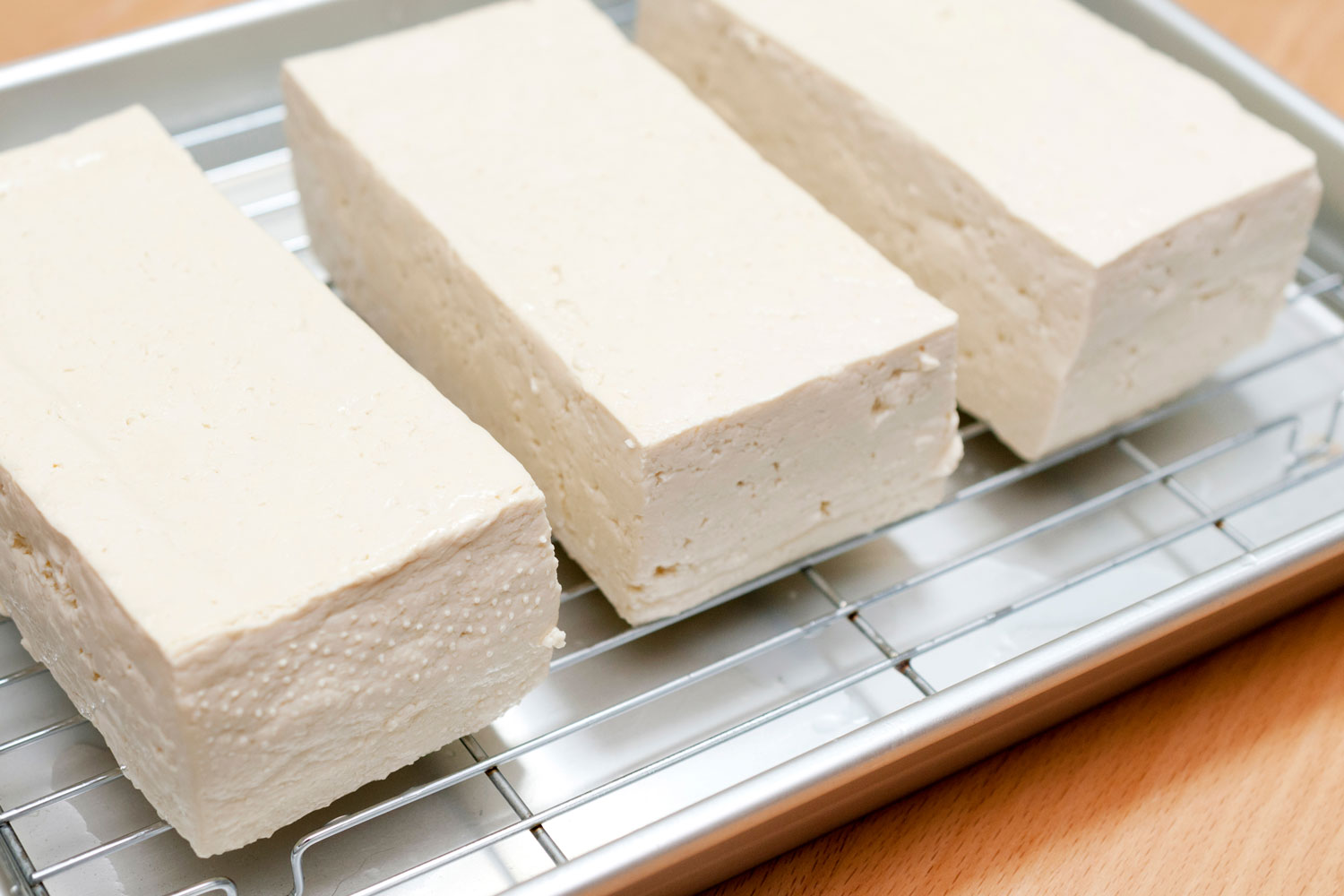
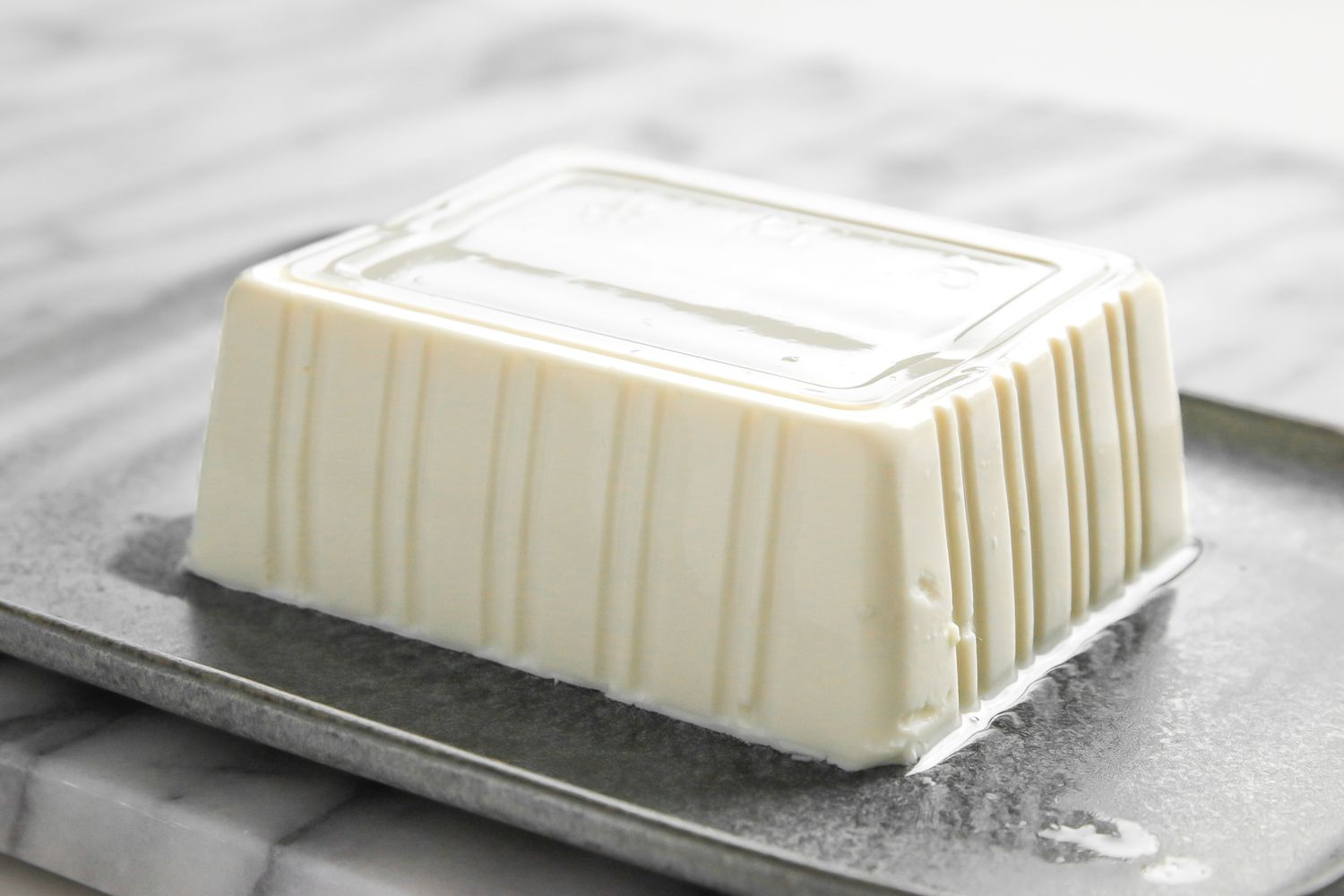
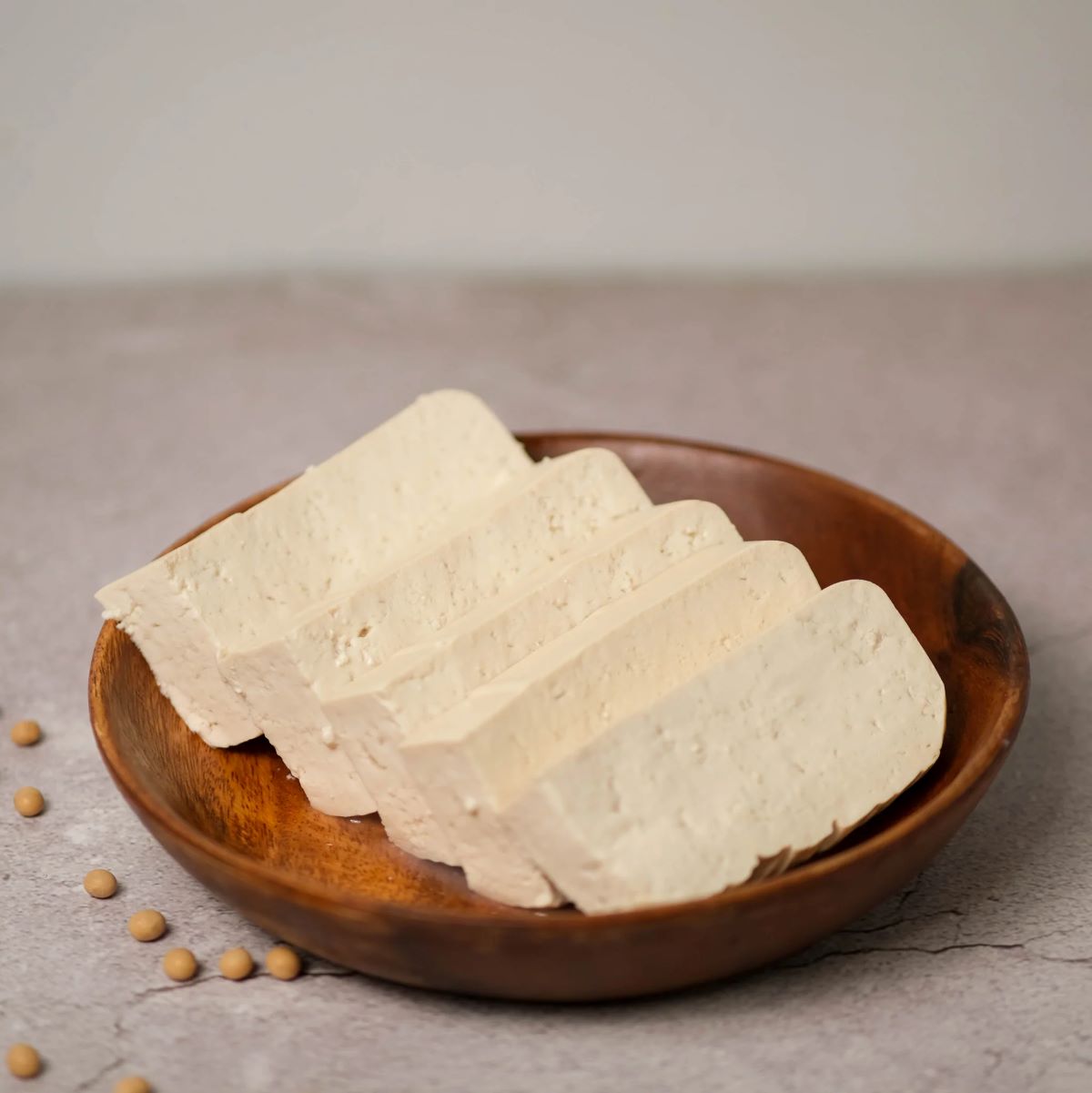
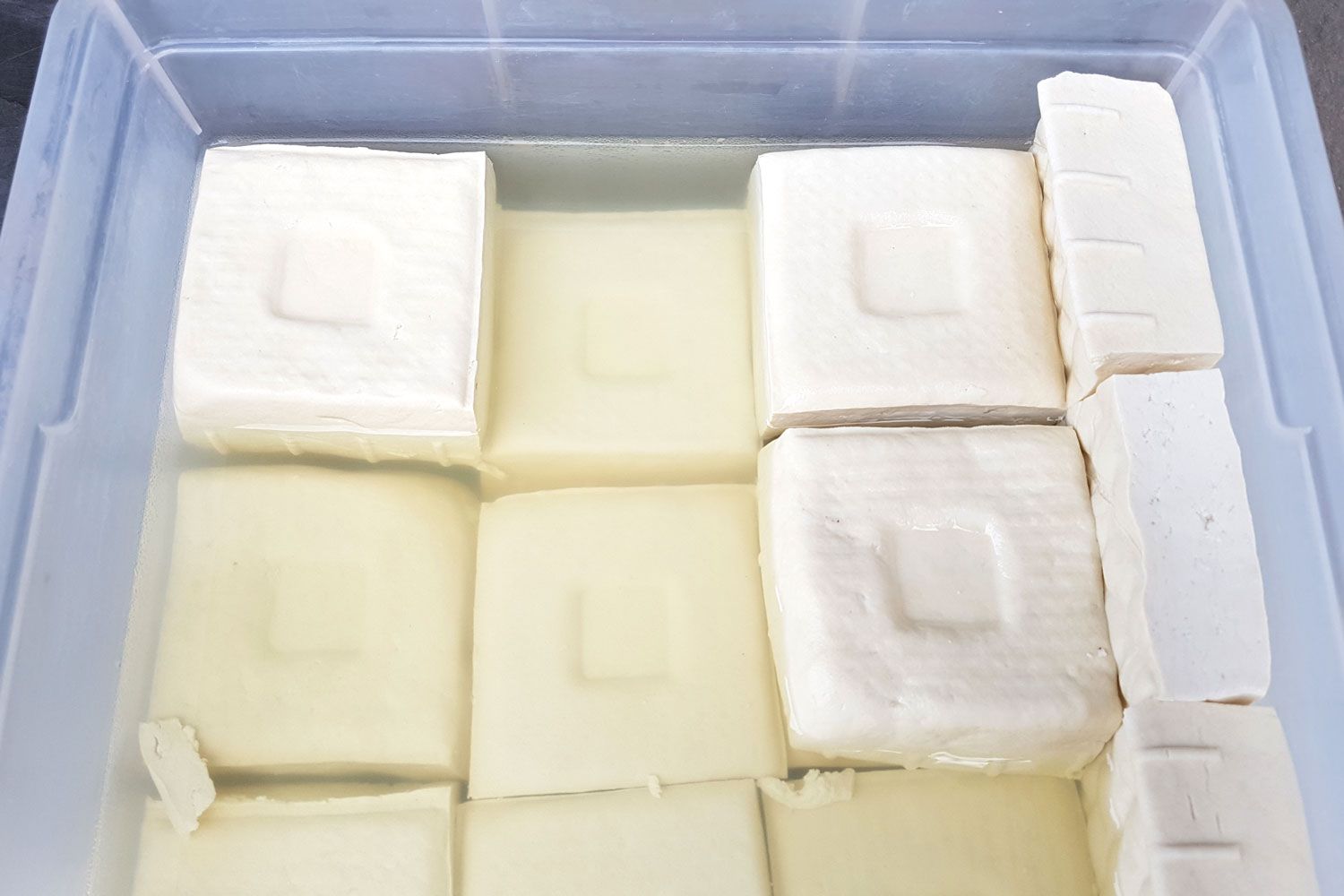



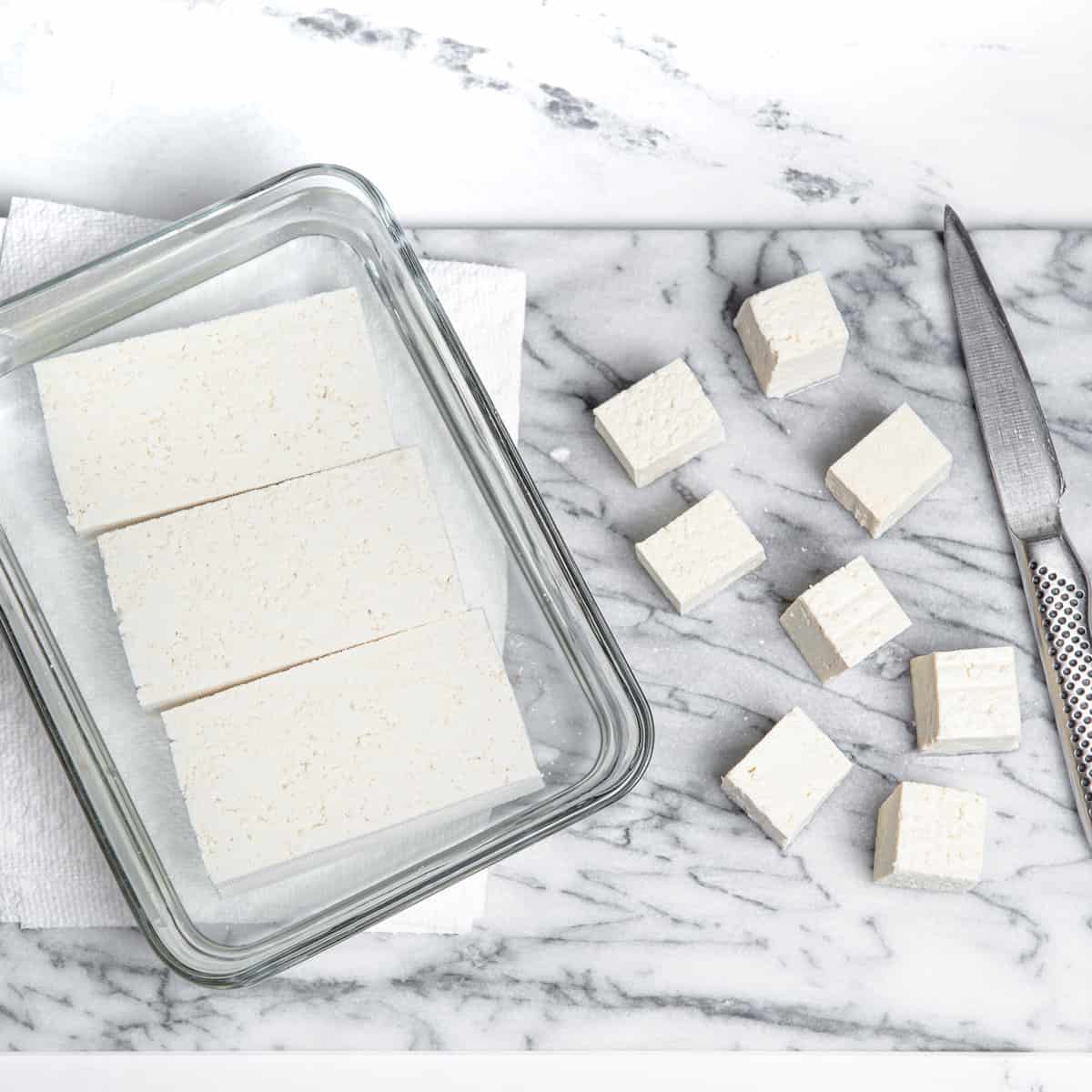

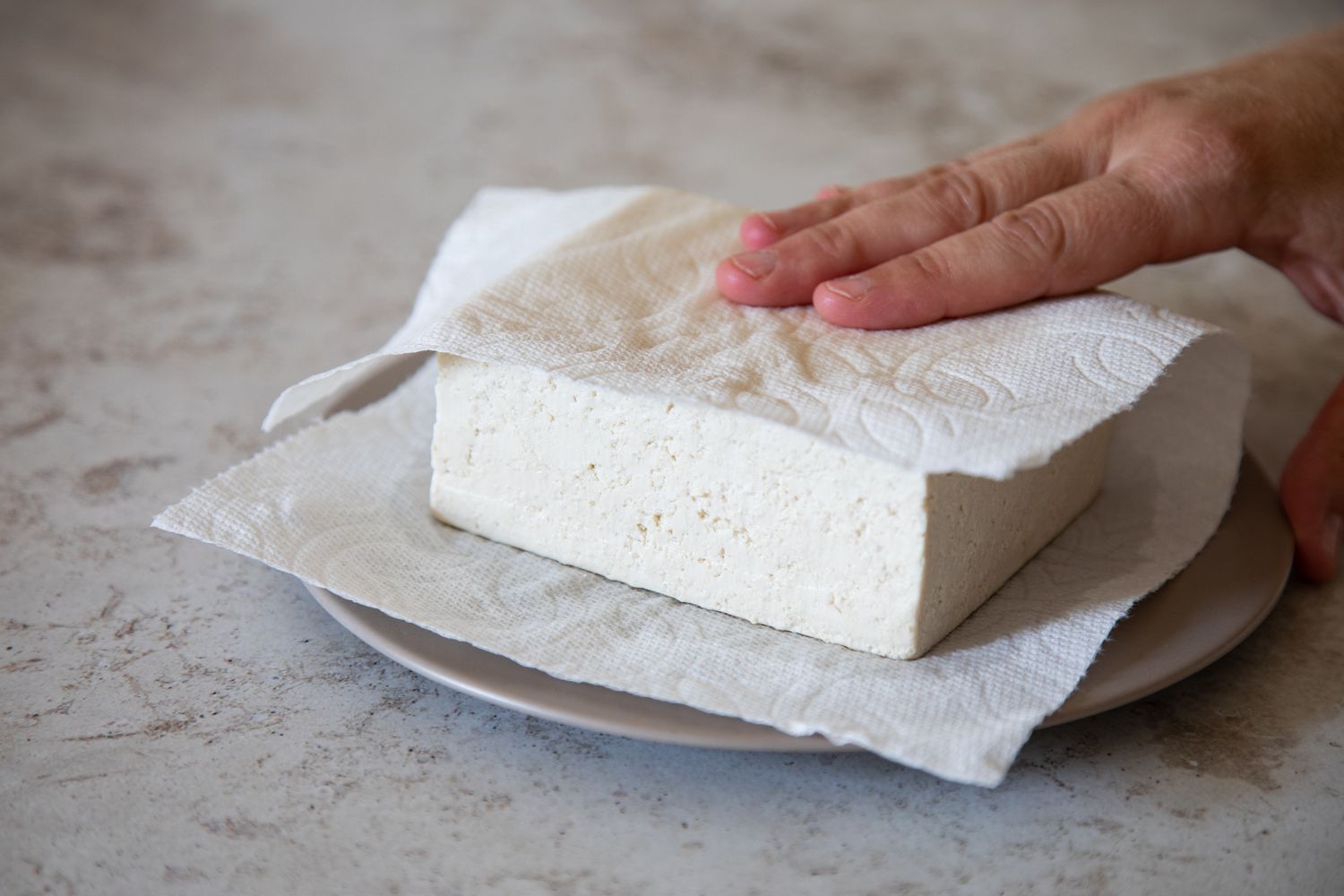
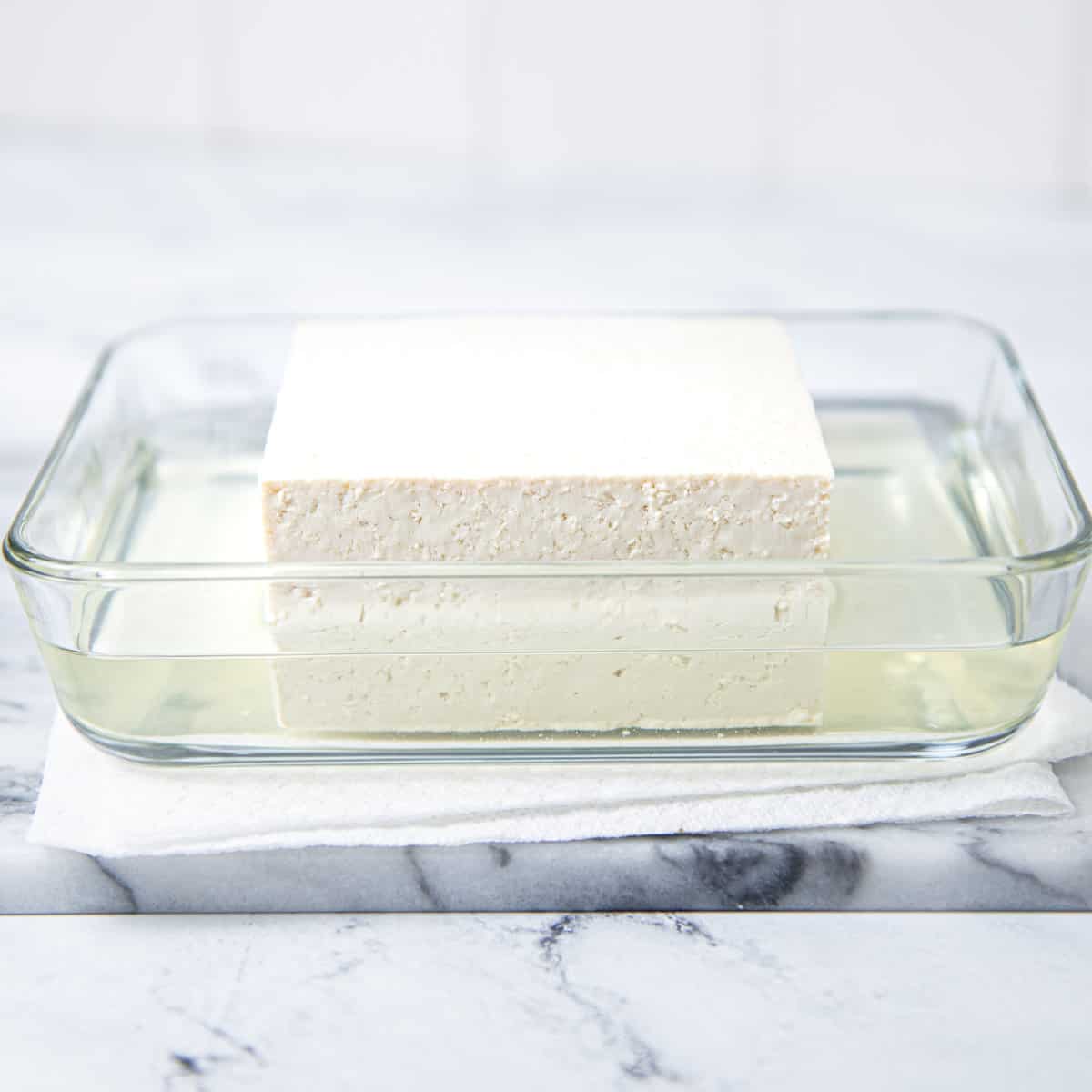



0 thoughts on “How To Store Soft Tofu”